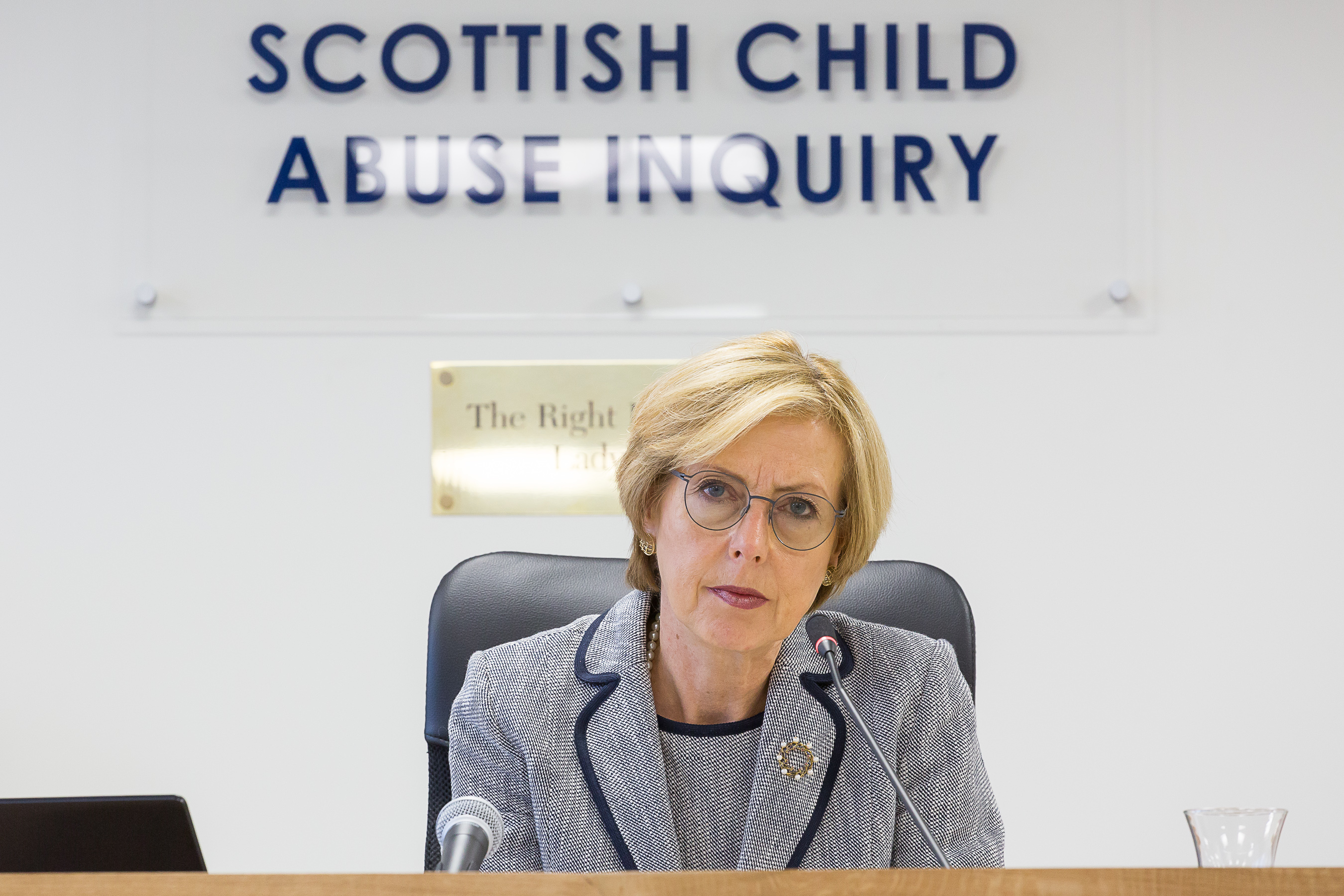
MORE than 300 complaints have been made to police in Scotland about alleged abuses at children’s homes run by a Catholic order, an inquiry has heard.
The Scottish Child Abuse Inquiry was told that officers have received 308 complaints about 194 people associated with institutions run by the Sisters of Nazareth over a 50-year period.
The inquiry has begun hearing evidence about homes run by the order in four locations – Aberdeen, Cardonald (or Glasgow), Lasswade near Edinburgh and Kilmarnock in Ayrshire – all of which ceased operating as care homes for children in the 1980s.
In opening remarks at the hearing in Edinburgh, Laura-Anne van der Westhuizen, representing the Scottish force, told chair Lady Smith that officers have been working to identify, retrieve, assess and catalogue all of the public protection investigation files it holds which are relevant to the inquiry’s terms of reference.
So far, more than 220,000 files have been reviewed, she said.
In relation to the religious order currently being examined, she said: “Since 1995, police investigations have been undertaken in relation to reported abuse dating back to the 1930s within the Sisters of Nazareth institutions.
“Police Scotland has recovered records of complaints received from 308 former residents against 194 persons associated with children’s residences within Nazareth House institutions … between 1934 and 1984.
“To date, 58 files concerning Sister of Nazareth institutions have been provided to the inquiry.”
The first witness to give evidence during this latest phase told the inquiry how nuns at Nazareth House in Aberdeen would nip her skin, beat the children and make them play in the playground with no shoes on.
“We were never loved, ever, by any of them,” she said.
The woman now in her 70s, who cannot be named, was at the Aberdeen home in the 1940s and 1950s.
She said she rarely saw her siblings and did not know her surname until she was 12 years old, having only been referred to by the nuns by her first name and a number.
She claimed the nuns would nip her skin if she tried to look for her brother in church and that they would hit youngsters over the knuckles with brushes.
The witness told how one nun, whom she described in a written statement as a “witch”, would make children get down on their knees in front of her if she caught them fighting and bang their heads together. Solo children would be pushed into a wall, the inquiry was told.
The witness also told of times when she herself would hit other girls “because it happened to us”.
“We were as bad to the little ones as the nuns were to us,” she said.

Enjoy the convenience of having The Sunday Post delivered as a digital ePaper straight to your smartphone, tablet or computer.
Subscribe for only £5.49 a month and enjoy all the benefits of the printed paper as a digital replica.
Subscribe